What do you mean, Unschooling? My friends and family generally have looks of confusion when I try to explain this “method of education.” I am no expert, nor do I believe there is such a thing as an unschooling expert. We all do family and life in different ways, hopefully the way that works best for everyone in the family.
My aim here is to condense some of the broader points that I have learned thus far. Absorbing all that I can about this lifestyle has given me a new lens through which to view my children, my family, and my community. And, it may be my public schooling background, but I feel like I get a better grasp on new concepts if I write them out. So here is my attempt at explaining unschooling, or self-directed education.
What Unschooling Isn't:
- Entirely free-range children allowed to do whatever they want, whenever they want.
- School at Home (including a chalkboard and assignments with due dates)
- A set of strict rules, expectations, and dogma laid-out by some unschooled, evangelical guru.
- Only for parents and families who have their “shit together.”
- Un-educating or unparenting.
What Unschooling Is:
- A paradigm shift (If you were raised with a public school mindset)
- A lifestyle built on a love of learning.
- A mindset which holds that all people, children included, are free, autonomous beings.
- A parenting style where engagement and trust are central to the relationship.
- A set of beliefs, often contrary to popular culture, that children are naturally curious, and given the opportunities and support to do so, will lead themselves to learn all that they need.
How do you know that learning will happen outside of school?
Unschooling is essentially self-directed education. There are several studies showing that self-driven learning is more effective and self-empowering than forced or coercive learning (1, 2). We also know that humans are born with an immense capability to gather and use information from the world around them. They teach themselves to walk, to use a spoon, and get dressed. Babies and toddlers are essentially unschoolers. They have a drive, a passion to explore, a curiosity to try new things and ask question after question to make sense of the world.
Why then, do so many children seem to lack that curiosity, that drive for information and exploration in the early elementary years? Why do so many middle schoolers lack a passion and have fear and anxiety around school? Why are so many teens stressed and depressed? For many, it may be compulsory schooling. Forced schooling can kill creativity, dampen curiosity, and hamper personal responsibility and self-direction (3, 4).
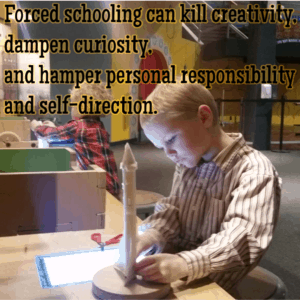
The aim of unschooling is to hold onto that passion, to allow space for creativity and exploration, while fostering deep, connected relationships. So, how do we facilitate a continued curiosity to learn outside of school? According to Gina Riley, of Self Determination Theory (5), these are the three psychological needs that must be present in order to foster self-motivation:
- Competence – Growth in skills supports self-confidence.
- Autonomy – Choice and freedom create a sense of mastery of the self and the environment which supports independent and critical thinking, encourages intrinsic motivation and inspires confidence.
- Relatedness – The desire to learn is increased when children feel secure and can authentically share enriching experiences.
They don’t need us to teach them how to walk, or how to hold their spoon. We do however provide encouragement and support to facilitate that learning. We don’t force them to learn these life skills. We see them attempt these feats, offer suggestions and create a loving environment in which they can practice, and praise them when they succeed. That is unschooling. The only difference is, they do it at home, with us. If they choose to go to school someday, be it elementary, high school, a votec, or a big university, they can. The distinction is choice. We offer them ways to master skills and become competent learners. They have the freedom to make choices because they are autonomous beings. And we are always here in collaboration and connection to help guide and support them. That is unschooling.
Unschooling, as Defined by some of my Favorite Unschooling Mentors:
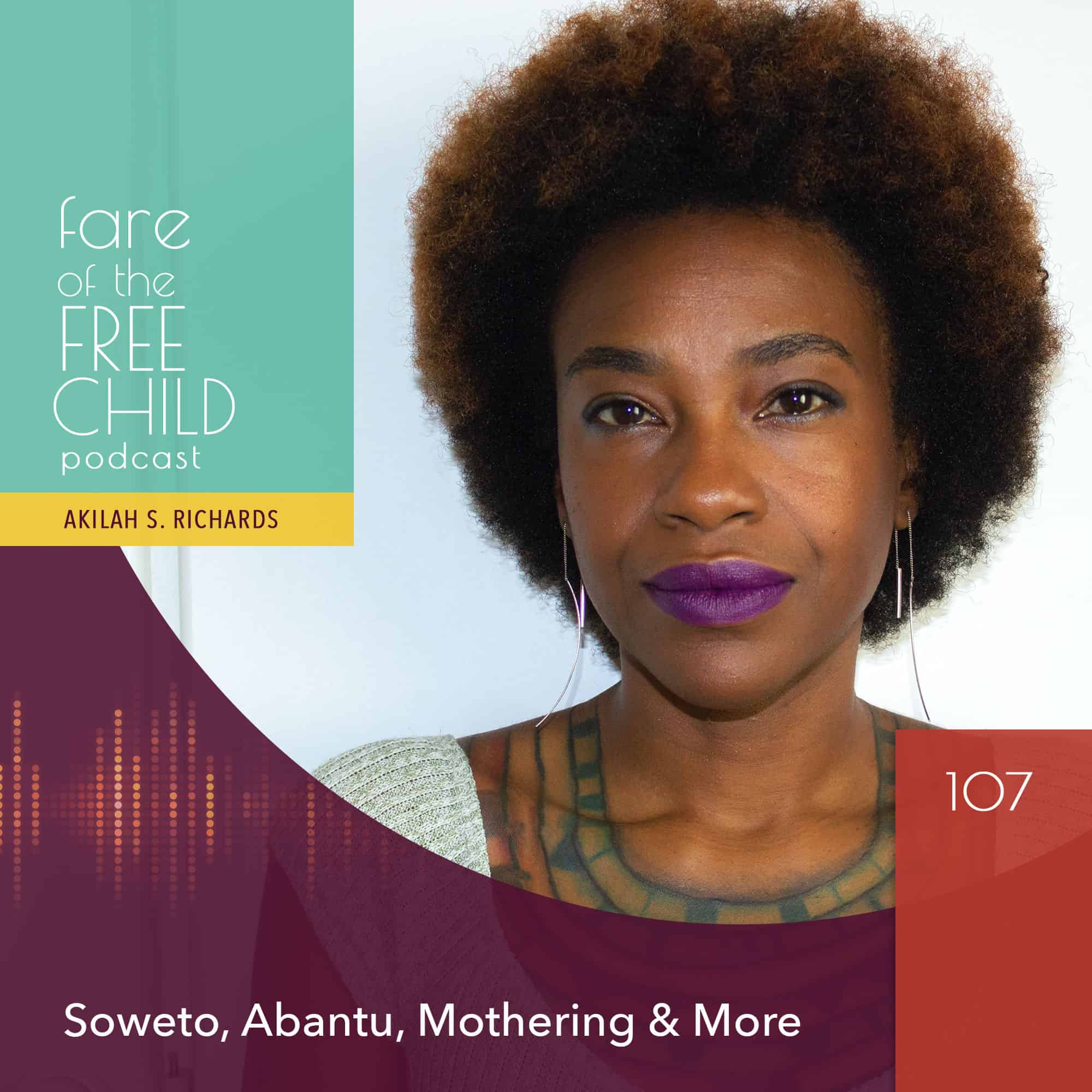



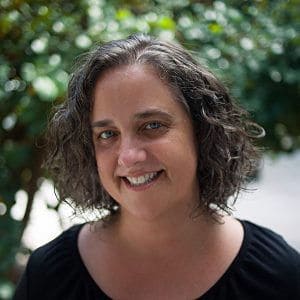

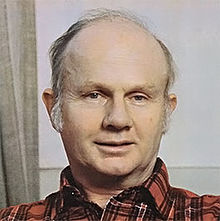
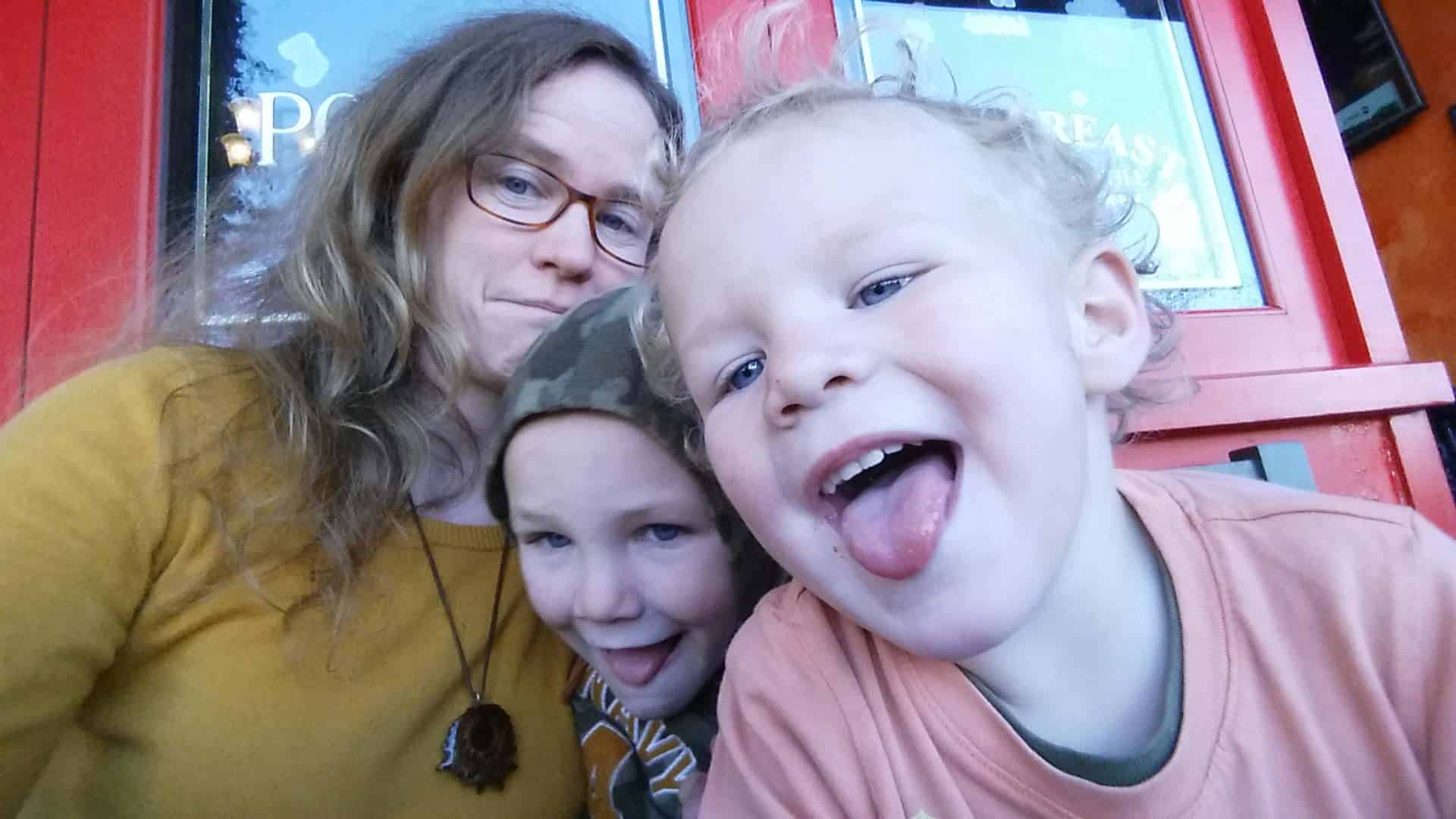
And lastly, my attempt at defining this philosophy in one sentence:
Unschooling is a framework for living our lives to their greatest potential; a lifestyle of intention, focused on the love of learning, including questioning everything.
Notes:
1 What Makes Self-Directed Learning Effective? – Association for Psychological Science – APS
2 John Holt’s Book: How Children Learn
3 Do Schools Kill Creativity? – Sir Ken Robinson YouTube
4 How Schools Thwart Passions – Peter Gray – Psychology Today
5 Gina Riley’s Self Determination Theory
Blake Boles Photo Credit: Lauren Lindley
Further Reading:
How Unschooling is Like Lunch A blog by Pam Barnhill
How to Learn ALL Subjects through Unschooling A Weed ‘em and Reap Blog

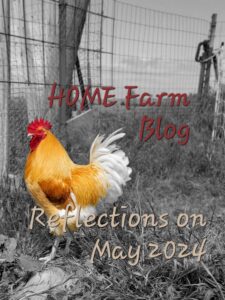
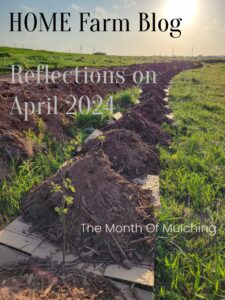



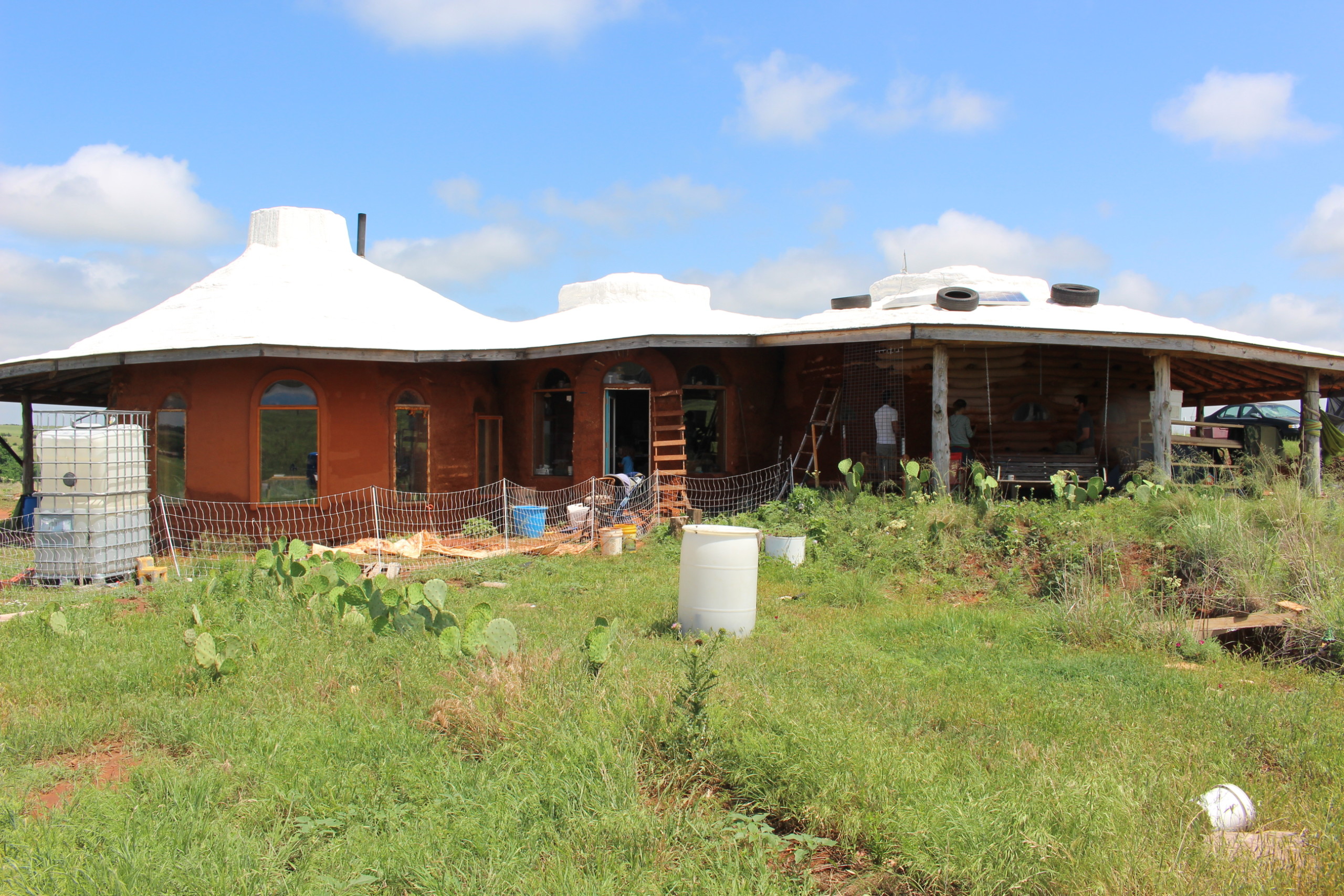

1 thought on “What is Unschooling?”